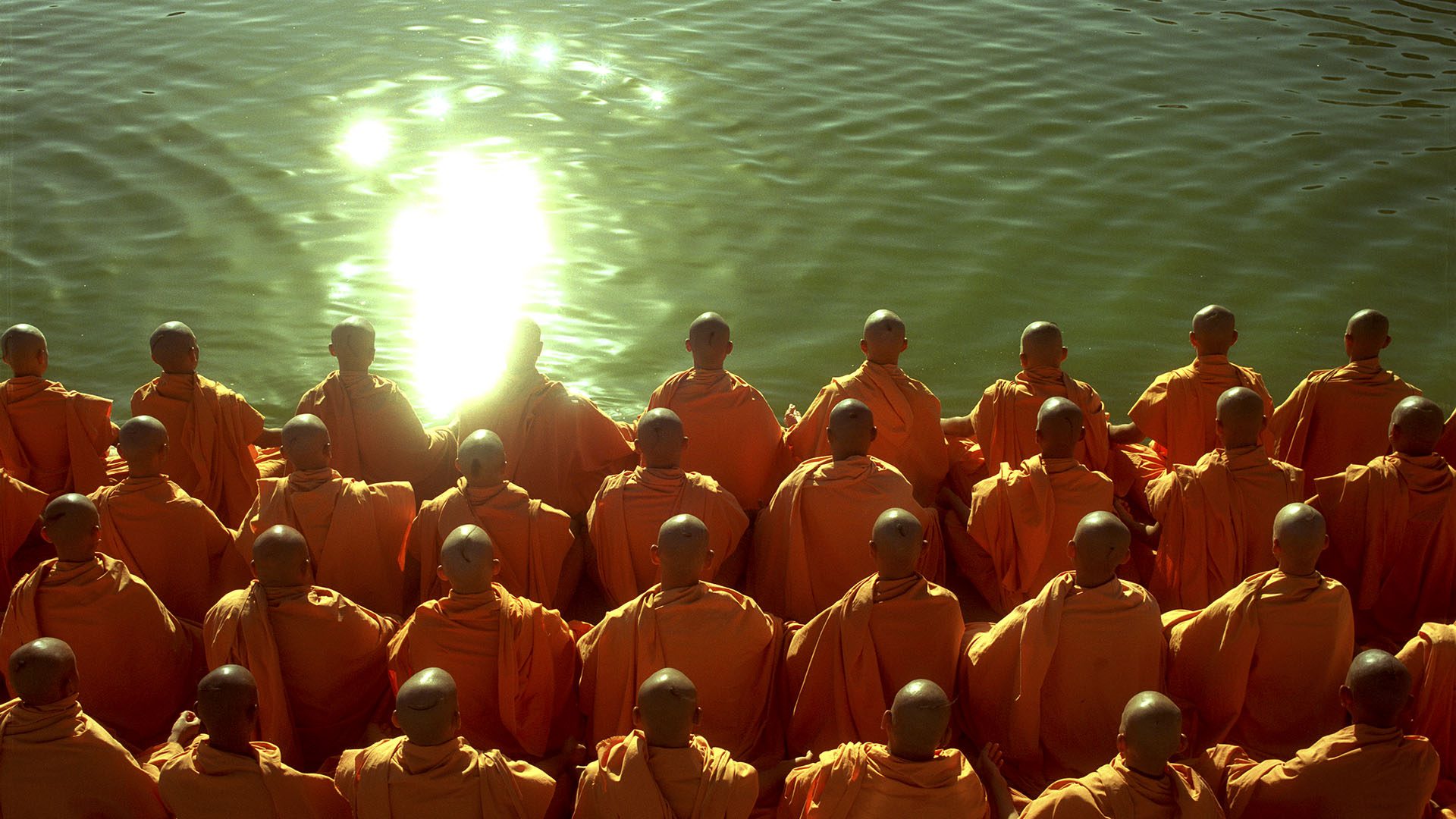Indians vote on the basis of caste.
Indian women are oppressed and subservient.
India is geography and not a country.
Few people realise that these ideas which form the fashionable common sense about India in the current times are actually ideas generated by Europeans who came to India from the fifteenth century onwards as a device for better understanding of their own societies. What Indians really thought about themselves, then and now, is a matter of anybody’s guess.
It is another matter that little effort has been made by Indians towards reality testing of these ideas. We are content to either repeat the bromides created by European visitors or stand them on the head in the hope that such an inversion will be accepted as the truth. There has been too little self-reflection; and far too much self-flagellation.
The failure to take an interest in our own society and surroundings has had lasting consequences. What we fail to notice is that as compared to India, Europe had a very different history, a very different society, and different social and political concerns. Theirs was a society driven by religious and political conflict. Death and destruction on a very large scale characterised that society. Naturally, such experiences coloured their memories and their strategies for making a more civilised world. What they wrote about us was substantially dictated by the concerns that were relevant to the society to which they belonged. India was being used by them as a foil to make better sense of their own society. And that continues to be the situation even today.
It is our mistake, perhaps our inability to think for ourselves, which ensures that people in India continue to take such inputs at face value, without subjecting them to any reality testing. The efforts by Indians — their research thesis, journalistic articles, stray remarks — are merely designed to reiterate such thoughts. There is little effort at counterfactual testing.
Many readers would recall how worked up Indians were when Wendy Doniger’s book of 2009, ‘The Hindus: An Alternative History’ came out in India. The book had already won a number of prizes in America by then and had received many positive reviews. The objections to the book, that it misrepresented India, Hindus and Hinduism, were ignored by everyone, or merely made fun of. Then Narendra Modi became prime minister. Doniger’s Indian publisher immediately took steps to withdraw the book from the markets and reportedly destroyed all existing copies. What readers might not know is: Doniger tells us in her autobiographical narrative which followed, that she was astonished at the strong push against her book in India. By all accounts Doniger is one of the well-read scholars of Sanskrit and Hinduism. This is what she wrote in the aftermath of the destruction of her book in India. “My books were written for an American audience,” she says, adding, “It hadn’t occurred to me that Hindus would read it.” That is the point. Her book and most other books of this variety are meant for Western audiences. The concerns and sensitivities of Indian society are irrelevant to the author as well as the intended reader.
Coming from a blood soaked Abrahamic past, hoping to recreate a more civilized society for themselves without offending Muslims, they viewed Hindus and Hinduism as a challenge. Fit for being declared a non-people.
Hindus do not define themselves primarily by their religion, observes Doniger. Quite right. They don’t. But this does not mean that Hindus don’t exist. Similarly, the existence of strong regional identities in India does not mean that India does not exist. Yet, far too frequently this is precisely what came to be said. Think of the famous phrase that Nehru coined to describe India before he took over as prime minister. ‘India is characterised by unity in diversity’, he said, echoing the white man’s version of India. Of course, Nehru, as also the white man, forgot to notice that every society in the world is characterised by diversity and unity has to be forged between the diverse elements. France and Britain, the usual examples of what a nation should/could be, have multiple languages, some of them mutually unintelligible. They also have, despite centuries of bloody persecution, innumerable sects of Christianity and pagan practices. None of this, though, gets in the way of acting in a united manner when required.
That Europeans would use their own mental categories to look at us is natural. What is not natural is for Indians to so internalise these categories that they start telling us that the benchmarks of a religion and a country could only be Abrahamic benchmarks as practised in the west. From this perspective the greatest features of the Hindu way of life, its eclecticism and iconoclasm, become deadly sins — they get mentioned as the reason to denigrate India, Hindus and Hinduism. ‘Dismantling’ them becomes the ultimate objective for those who have uncritically accepted western parameters.
The bogus debate on whether Hinduism is a religion or India is a country needs to be shunned. But at the same time it is important that we study our own society, generate knowledge about it, scientific knowledge and not repeat hearsay statements. Knowledge vacuums rarely exist in nature. If we do not write about ourselves, others will.
(M Rajivlochan is Professor, Panjab University, Chandigarh)
[Disclaimer: The opinions, beliefs, and views expressed by the various authors and forum participants on this website are personal.]










